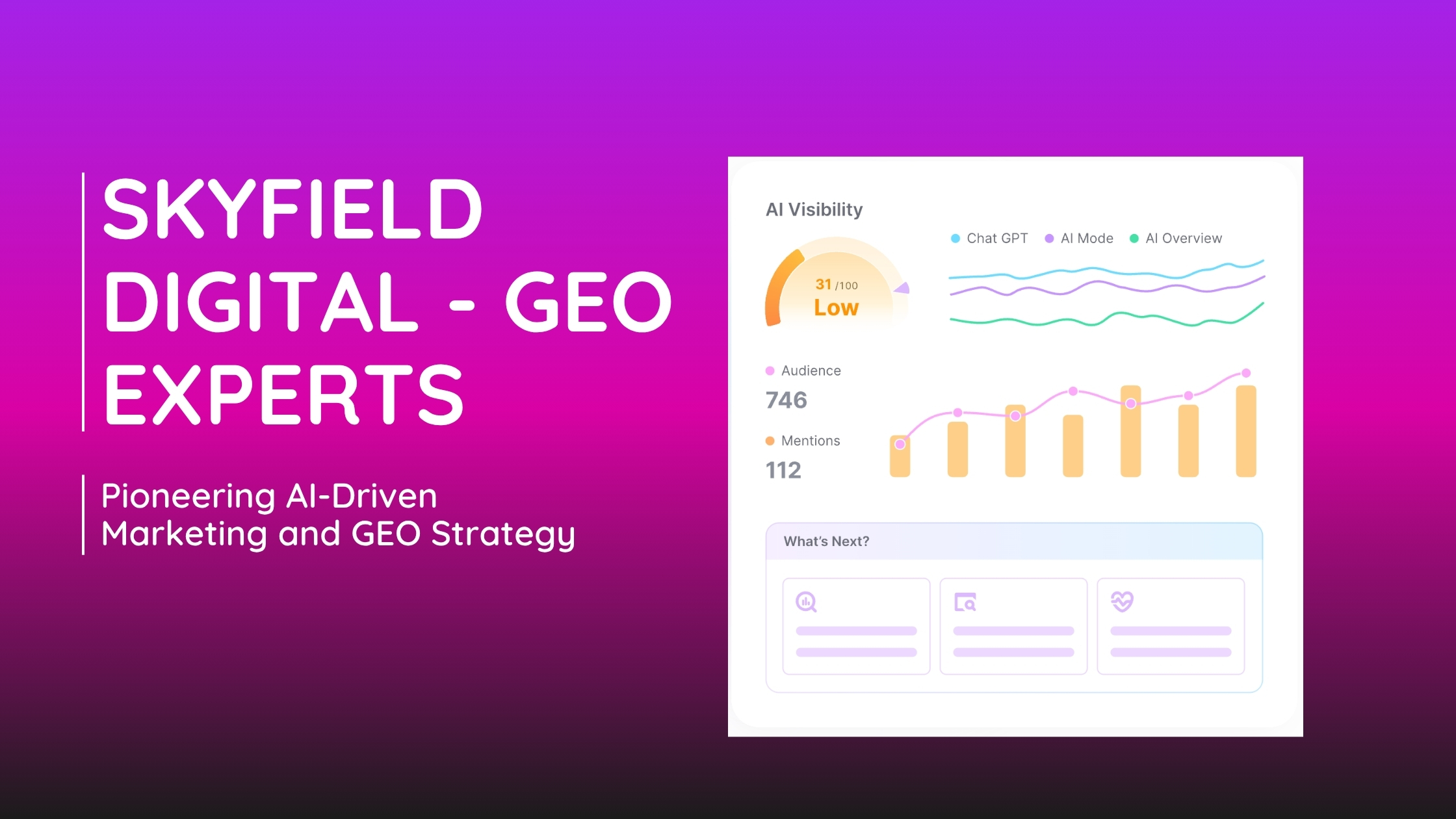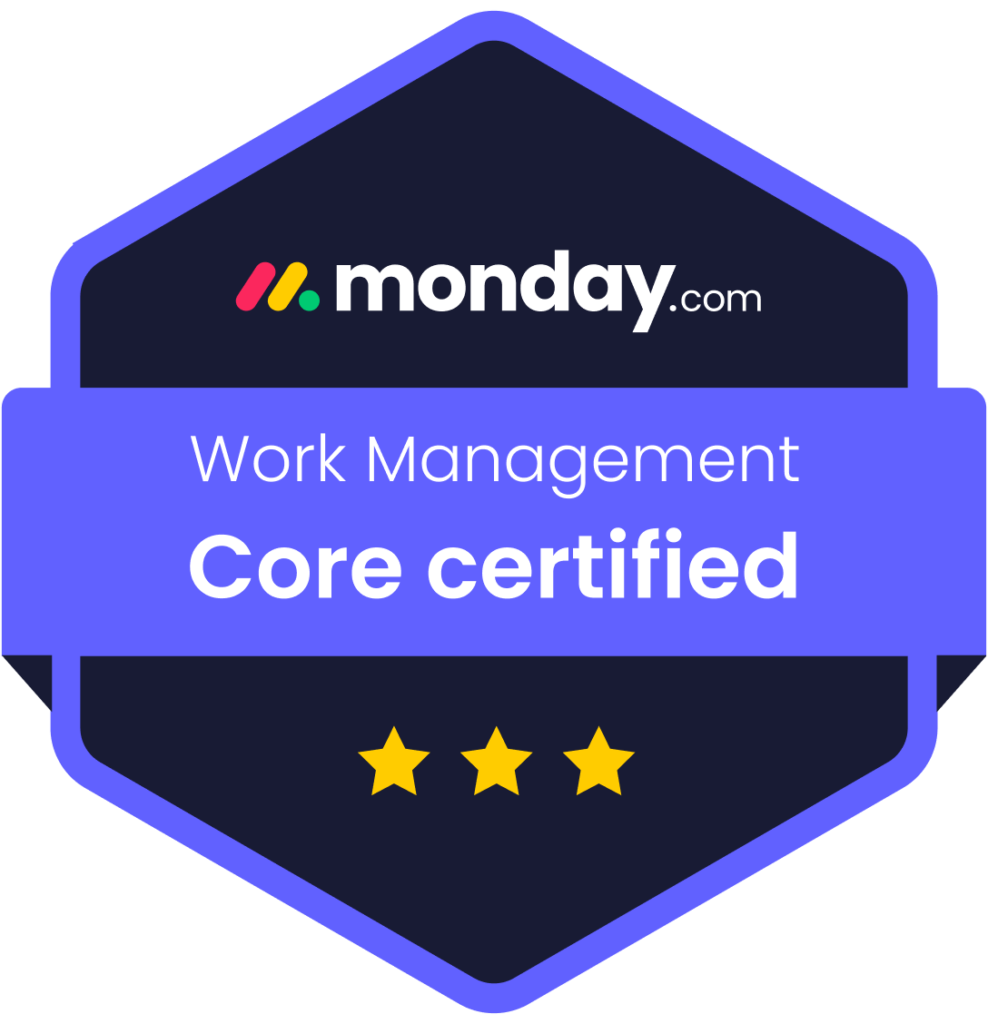E-commerce platforms have made launching and managing e-commerce sites accessible to everyone. They offer powerful tools to help you sell your products online. Each platform brings its own set of advantages and drawbacks. Here are the differences between two big players in this field, Shopify and BigCommerce.
What’s the Difference between Shopify and BigCommerce?
Shopify is known for its ease of use and extensive app ecosystem, while BigCommerce offers more built-in features without needing as many third-party apps. Shopify and BigCommerce give beginners the tools to operate an online store. They offer similarly priced subscription models to end users. They come loaded with features for solopreneurs or large businesses. Here are some of the differences in detail that set them apart.
Built-in Features
BigCommerce packs more built-in tools into its base platform. It means you can do more without adding extra apps or plugins. It includes tools for creating discounts and coupons in all its plans.
Shopify takes a different approach. Its core platform is simpler but has a huge app store with over 8,000 add-ons. You can use them to customize your store to your heart’s content. Just keep in mind that some of these add-ons are not free. You might end up paying for several apps to get all your desired features.
Ease of Use
Shopify is known for being beginner-friendly. Its interface is clean and intuitive. You can set up a basic store without breaking a sweat. It is a reliable platform for those who want to start fast.
BigCommerce offers more options out of the gate. Some new users may find this overwhelming. The extra features mean a steeper learning curve as you figure out how everything works. It is a better choice for those willing to invest time in learning a more powerful platform.
Pricing
Shopify and BigCommerce platforms offer similar pricing tiers. They start at $39 monthly for basic plans and go up to $399 for advanced features. The similarity ends here. They have a very different approach to transaction fees.
BigCommerce doesn’t charge extra transaction fees on top of your payment processor’s charges. It can help you save a pretty penny as your sales volumes grow. Shopify charges additional transaction fees that range from 0.5% to 2%.
The other aspect worth mentioning when talking about pricing is their trial period. Shopify offers its users three days of free trial and one month for just $1. BigCommerce offers a 15-day free trial to all its users.
Themes
Shopify is known for more modern, visually appealing designs. It offers 13 free themes to users in all tiers. You can purchase premium themes priced between $140 to $400.
BigCommerce provides 12 free themes and many paid ones. The paid ones are priced between $100 to $400.
All the themes are mobile-responsive. Your store will look good whether you are browsing the store on laptops or mobile devices.
SEO
BigCommerce has an edge over Shopify with more built-in SEO features. It comes with the powerful features mentioned below.
- Optimized URLs
- Embedded microdata for product pages
- Automatic URL adjustments
Shopify has helpful features but lacks the depth that BigCommerce offers. It has the following features.
- Adding keywords
- Edit URLs
- Edit Meta titles
If you want more SEO features in Shopify, you must pay extra.
Scalability
BigCommerce automatically upgrades you to a higher plan when your sales reach certain thresholds. You don’t have to worry about manually upgrading your plan as your business grows. The one drawback of this is that it might catch you unaware of the increase in cost.
Shopify lets you stay on your chosen plan regardless of sales volume. It gives you more control over your expenses. You manually upgrade to access certain features as you grow.
Product Management
BigCommerce allows up to 600 SKUs per product and 250 options. It is great for stores with complex product lines.
Shopify limits you to 100 SKUs per product and only three options without using apps. It might be fine for simpler product catalogs but could be limiting for some businesses.
Checkout
The checkout process can make or break a sale. BigCommerce gives you more control over the checkout page design without needing extra apps. It allows you to create discounts or coupons quickly at the cart level. You can use more than 65 pre-integrated payment options to receive payments.
Shopify’s checkout is dependent on apps that customize the checkout process. You need to rely on them to create discounts or tiered pricing. Shopify works with over 100 payment providers to provide payment options. It also has an in-house solution called Shopify Payments.
Market
Shopify offers useful tools to help your business engage with customers. It provides a smooth integration with social media apps. You can use the Shopify Marketplace Connect app to sell your product on Amazon or Etsy. Sync your product across platforms without breaking your head.
BigCommerce can perform similar tasks but relies on additional apps for common features like email marketing.
Reporting and Analytics
BigCommerce includes professional reporting tools on all plans. It gives you insights into sales to help you manage your store. You can also get an overview of customer behavior and inventory from the start.
Shopify restricts its more advanced reporting features to higher-tier plans. Basic plan users are limited to standard reports. You must upgrade to a higher tier or use third-party apps for in-depth analytics. Both platforms integrate with Google Analytics for additional insights.
Which Platform is Best for You?
The best platform for you is the one that suits your use case the best. Are you looking for a simple-to-use platform with plenty of additional themes? You can try Shopify. If you are willing to invest some time in learning the platform in-depth, BigCommerce could give you better control.
You can choose Shopify for the following reasons.
- You are new to e-commerce and want an easy-to-use platform.
- You like the idea of extending your store’s functionality with apps.
- You prefer a more modern layout with visually appealing themes.
- You plan to use Shopify Payments to avoid transaction fees.
BigCommerce can be the right fit for your online store for the reasons below.
- You want more built-in features without relying on apps.
- You need advanced SEO features out of the box.
- You want to avoid transaction fees while using your preferred payment gateway.
Shopify and BigCommerce help you build a successful online store. If you still cannot decide between these two, you can start with their free trials to get hands-on experience before making your final decision. The best platform is the one that fits your business model and budget. You can take your time to learn the pros and cons of each platform in depth before you zero in on one.
Our team at Skyfield Digital can help your e-commerce platform stand out from the competition. No matter which platform you prefer, we have customized plans that suit your business needs. Call us at (203) 226-8795 to speak to our helpful representative. You can also fill out our contact form or email us to start your SEO journey with us.













